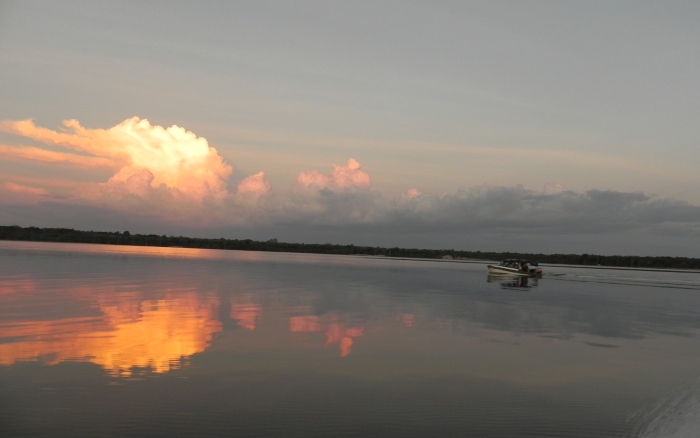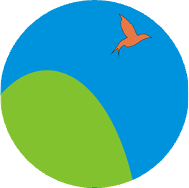Highlights:
- Explore the impressive rock formations in the middle of the Amazon jungle. Check here a Video about Mavecure Hills (off2colombia): VIDEO MAVECURE HILLS
- The streams of Zamuro and Cualet. The Inirida river, along its meandering route forms many streams, one of them is the Mavecure, in front of it we will sleep. The next streams upstream are those of Zamuro and Cualet, much more impressive. We include a walk through the jungle between the two, when the river does not allow the passage of the boats due to its level.
- Meet “The Waterway Star of the South” – confluence of the Orinoco, Atabapo and Guaviare Rivers.
- Visit the Maipures rapids. Check here a Video about Tuparro (off2colombia): VIDEO TUPARRO NATIONAL PARK
- Remote landscape, with virgin rivers like the Tuparro and the Tomo.
- Read a note about this destination: Note by Manuel Rueda
Trip details:
- Duration of the trip: 8 days
- Trekking time: 3 hours daily through the hills, jungle, savannah and river beaches.
- Distance: 5-10 kms each day.
- Ecosystem: tropical rainforest and savannah.
- Climate: warm and humid with an average temperature of 26°C.
- Elevation: 100 meters above sea level (m.a.s.l).
This expedition is ideal if you like:
- Venture into remote and rugged territories.
- Interact with different local cultures.
- Navigate rivers.
- Feel the silence of the jungle and the savanna.
- Deep contact with nature.
Important note:
An unforgettable journey into the heart of the Amazon jungle and the great Orinoco savannah.
The scenario setting for “La Voragine” by José Eustasio Rivera and “Personal Narrative of a Journey to the Equinoctial Regions of the New Continent” by Alexandeer von Humboldt in the 19th Century.
The Mavecure, Pajarito and Mono Hills, stand out as huge natural pyramids in the middle of the lush jungle on the bank of the majestic Inirida River, which is inhabited by playful fresh water dolphins. Further north, our boats will get to the “Waterway Star of the South”; the vast confluence of the Orinoco, Atabapo and Guaviare rivers on the border with Venezuela.
In addition, we will go from the Orinoco to Mono Hill which is set on the great plain of Vichada, to finally find the spectacular rapid of Maipures – often called the eighth natural wonder of the world.






